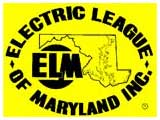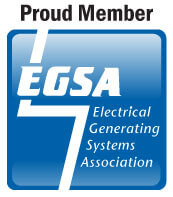As we wrap up January, it’s a great time to take a proactive approach to your home’s electrical system. With winter still in full swing and spring just around the corner, ensuring your home is safe, efficient, and up to date can prevent unexpected issues down the road.
At Little Sparkie, we believe an electrical checkup is just as important as routine maintenance on your car or HVAC system. Here’s why scheduling one now can save you time, money, and potential headaches.
1. Recovering from Winter Wear and Tear
Cold weather puts extra strain on your electrical system. With space heaters, holiday decorations, and increased indoor activity over the past few months, your home’s wiring and circuits may have been working overtime. Checking for signs of stress—such as flickering lights, tripped breakers, or warm outlets—can prevent bigger issues from developing.
2. Preparing for Spring Storms
Spring often brings heavy rains and storms that can lead to power outages and electrical surges. Now is the time to:
✅ Inspect your surge protectors and replace any outdated ones.
✅ Check your backup generator (or consider installing one).
✅ Ensure your outdoor outlets and electrical panels are weatherproofed.
3. Reducing Energy Bills After the Holidays
After months of increased energy use, now is the perfect time to assess your home’s efficiency. Consider these energy-saving upgrades:
Installing LED lighting to lower your electricity bill.
Upgrading to smart thermostats and energy-efficient appliances.
Scheduling a panel upgrade if your home struggles to keep up with demand.
4. Ensuring Your Home is Code-Compliant
If you own an older home, electrical codes may have changed since it was built. An inspection can identify outdated wiring, overloaded circuits, or improper grounding that may put your home at risk. This is especially important if you’re planning any renovations or selling your home in the near future.
5. Catching Small Problems Before They Become Big Ones
Electrical issues often start small but can turn into costly repairs or safety hazards if ignored. A professional checkup can identify:
Loose wiring connections
Aging or damaged electrical panels
Hidden fire hazards behind walls or outlets
Schedule Your Electrical Checkup Today!
Taking a proactive approach to your home’s electrical system can save you from unexpected breakdowns and costly repairs. The Little Sparkie team is here to help ensure your home is safe, efficient, and ready for whatever the rest of the year brings.
littlesparkie.com
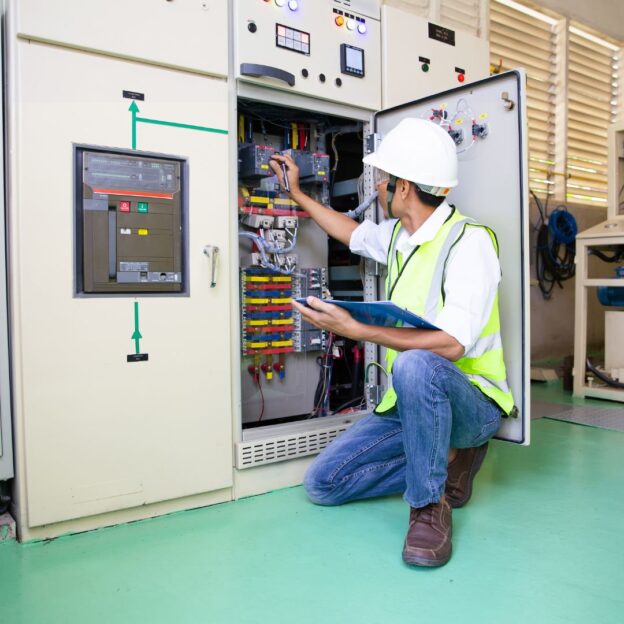
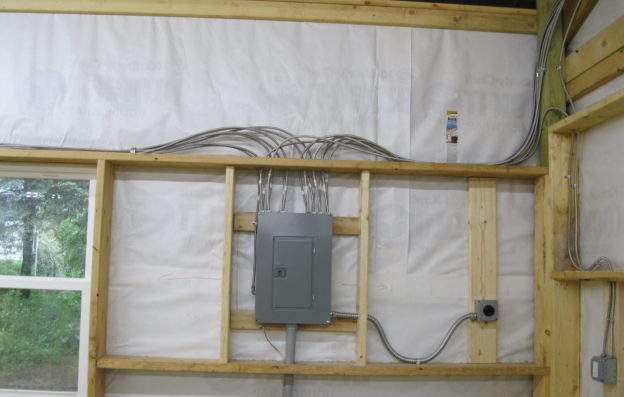
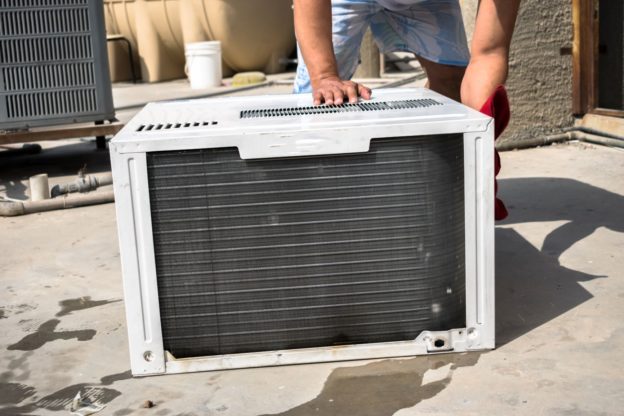
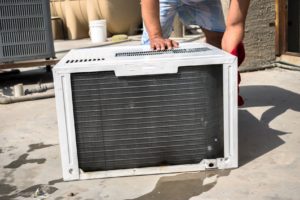 those that I run circuits for are 240 volts, which does require a special receptacle.
those that I run circuits for are 240 volts, which does require a special receptacle.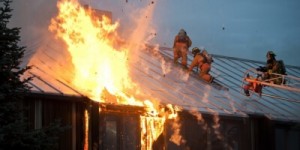 A break in a hot wire can cause a series arc, which will not trip a standard circuit breaker or blow an old-style screw shell fuse, but it can cause a fire.
A break in a hot wire can cause a series arc, which will not trip a standard circuit breaker or blow an old-style screw shell fuse, but it can cause a fire.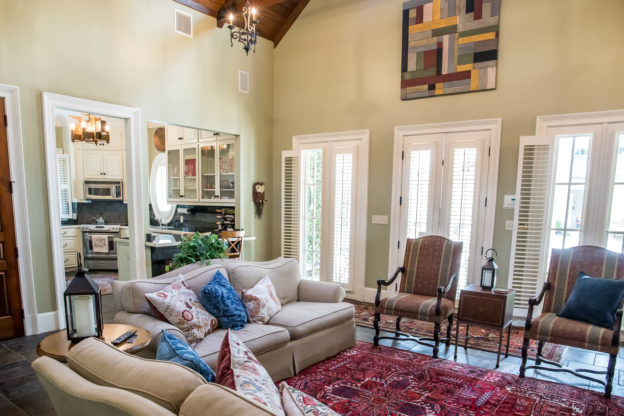
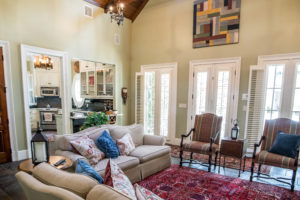
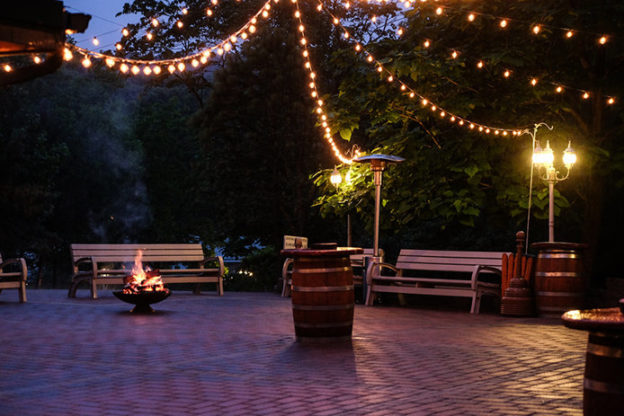
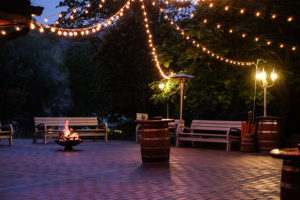 and torches, landscape lighting and fire pits! Don’t forget dimmers to control the brightness of electric lighting.
and torches, landscape lighting and fire pits! Don’t forget dimmers to control the brightness of electric lighting. string lights work great draped from a pergola or gazebo and create a fun party atmosphere. A fire pit provides warmth on a chilly night and a secondary place to gather. Use spotlights or floodlights to illuminate trees and shrubs, and to put the finishing touches on your outdoor retreat.
string lights work great draped from a pergola or gazebo and create a fun party atmosphere. A fire pit provides warmth on a chilly night and a secondary place to gather. Use spotlights or floodlights to illuminate trees and shrubs, and to put the finishing touches on your outdoor retreat.
